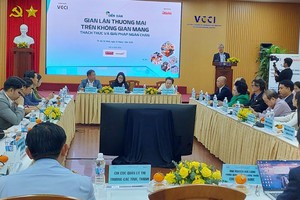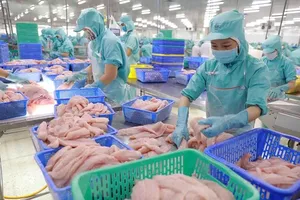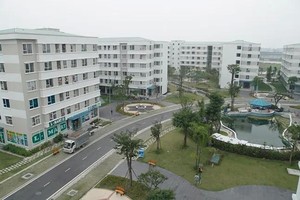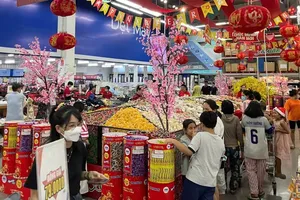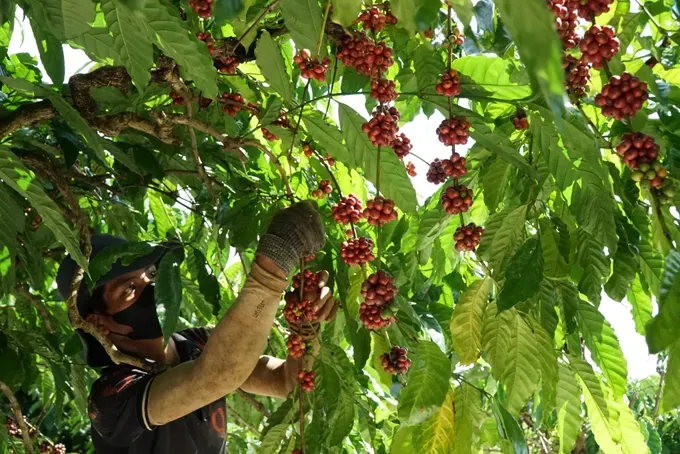
According to Chairman Nguyen Nam Hai of the Vietnam Coffee – Cocoa Association (Vicofa), by the end of the 2024–2025 crop year, Vietnam exported over 1.55 million tons of coffee, up 1.8 percent in volume, with export earnings soaring to US$8.4 billion, a 55.5 percent increase compared to the previous crop year. The average export price reached $5,610 per ton, up 52.7 percent year-on-year, the highest level ever recorded for Vietnam’s coffee exports.
Domestic coffee prices yesterday continued to rise sharply, pushing prices in the Central Highlands to VND118,500 per kg, the highest level in five weeks. Prices of a kilogram of raw coffee in Lam Dong increased by VND2,100 to VND117,000 while in Dak Lak, it reached VND118,500/kg, up nearly VND3,000/kg from the previous day; and in Gia Lai, prices climbed to VND118,000/kg.
Traders attributed the price surge to heavy rains caused by typhoon Fengshen- the country’s storm No. 12 - which disrupted harvesting and drying activities. Limited supply combined with stronger buying from exporters to meet delivery schedules has pushed prices higher.
Chairman Nguyen Nam Hai also noted that the 2025–2026 coffee harvest has officially begun, and initial surveys suggest output could increase by about 10 percent compared to the previous season. Major exporters such as Intimex, Simexco, Tin Nghia, and Trung Nguyen Legend are expanding exports to Europe, the U.S., Japan, and South Korea, while exploring new markets in India and the Middle East, where demand for instant Robusta coffee is rising rapidly.
At the recent conference launching the 2025–2026 coffee production season in Ho Chi Minh City, Deputy Minister of Agriculture and Environment Hoang Trung emphasized that maintaining sustainable growth requires close coordination between Vicofa and government agencies to promote traceability, deep processing, and reduced reliance on raw exports.
He also urged farmers and enterprises to adopt low-emission farming practices and reduce input costs through more efficient use of fertilizers, pesticides, and irrigation. Moreover, exporters must strengthen compliance with international import standards particularly the European Union Deforestation Regulation (EUDR) which, while challenging, offers opportunities for Vietnam’s coffee industry to enhance its value, quality, and global reputation.
















